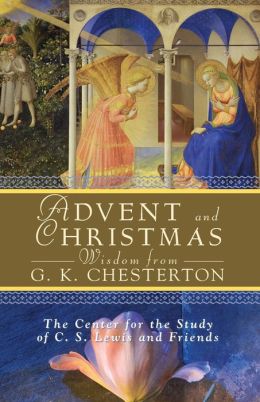Holsinger-Friesen, Thomas. Irenaeus and Genesis: A Study of Competition in Early Christian Hermeneutics. Winona Lake, Ind: Eisenbrauns, 2009.
 Irenaeus, the second-century bishop of Lyons, left such an impression upon the church that he is sometimes considered to be theology’s “founding father.” After all, his legacy includes such theological landmarks as the regula fidei (or “rule of faith”) and the doctrine of recapitulation. Although these ought not to be minimized, we may gain a new appreciation for this early bishop by highlighting a facet of his work that is even more central: the distinctive shape of the hermeneutic guiding his readings of sacred texts as Christian Scripture. Within the contemporary climate of twenty-first century theology, the reopening of questions of power, truth, authenticity, and holism points to a critique of hermeneutical process (not just theological end-product). In Irenaeus’s day, Gnostic Christians on the fringe of the church offered a vision of the telos of faith that many found compelling. Responding to this challenge required Irenaeus to articulate an even more satisfying Christian theology and anthropology on the basis of Scripture and received apostolic tradition. In this battle of hermeneutics, both sides considered protological texts such as Genesis 1:26 and 2:7 to be indispensible. Through a sympathetic reading, then, of Irenaeus and his competitors, we aim to better understand why Irenaeus’s biblical interpretations ultimately were deemed more plausible, faithful, and fruitful within the mainstream of the church
Irenaeus, the second-century bishop of Lyons, left such an impression upon the church that he is sometimes considered to be theology’s “founding father.” After all, his legacy includes such theological landmarks as the regula fidei (or “rule of faith”) and the doctrine of recapitulation. Although these ought not to be minimized, we may gain a new appreciation for this early bishop by highlighting a facet of his work that is even more central: the distinctive shape of the hermeneutic guiding his readings of sacred texts as Christian Scripture. Within the contemporary climate of twenty-first century theology, the reopening of questions of power, truth, authenticity, and holism points to a critique of hermeneutical process (not just theological end-product). In Irenaeus’s day, Gnostic Christians on the fringe of the church offered a vision of the telos of faith that many found compelling. Responding to this challenge required Irenaeus to articulate an even more satisfying Christian theology and anthropology on the basis of Scripture and received apostolic tradition. In this battle of hermeneutics, both sides considered protological texts such as Genesis 1:26 and 2:7 to be indispensible. Through a sympathetic reading, then, of Irenaeus and his competitors, we aim to better understand why Irenaeus’s biblical interpretations ultimately were deemed more plausible, faithful, and fruitful within the mainstream of the church



